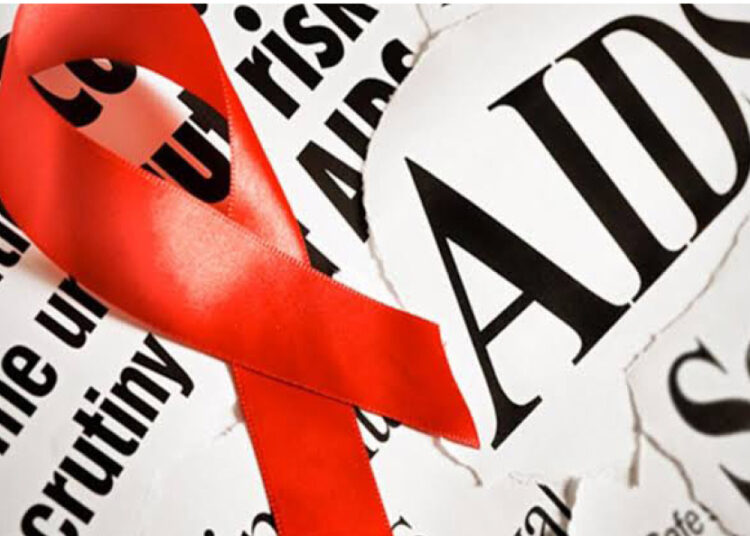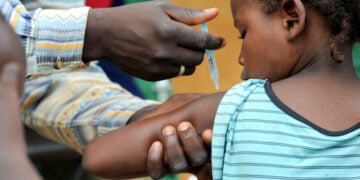The federal government has reiterated its commitment to achieving HIV/AIDS epidemic control in the country.
This was made apparent by the National AIDS, Viral Hepatitis and STIs Control Programme’s (NASCP’s) robust health sector response to HIV, as well as its nationwide efforts towards the elimination of vertical transmission of HIV, syphilis and hepatitis from mothers to children.
The national coordinator of NASCP, Federal Ministry of Health and Social Welfare, Dr Adebobola Bashorun, who disclosed this in the programme’s quarterly news nugget, said that NASCP has also launched the National Data Repository (NDR) database Analytics Workspace (NAWS), a revolutionary software developed for data-driven decision-making in the field of public health which enables users to perform complex data analysis with ease and efficiency.
“NASCP’s consistent monitoring and supervising of state-specific frameworks, which the honourable commissioners of health have endorsed in 36 states and the FCT,” he said.
Bashorun noted that these serve as a practical roadmap for the accelerated progress towards scaling up the Prevention of Mother-to-Child Transmission of HIV (PMTCT) in the country.
He said among NASCP’s milestones in the second quarter of the year is its preparation for the Cabotegravir Long-Acting (CAB-LA) roll-out. He explained that CAB-LA is an injectable HIV prevention product that has shown to be highly effective at preventing HIV in efficacy trials conducted across 13 countries, including seven countries in sub-Saharan Africa.
“As the country prepares to roll out CAB-LA, training has been carried out to ensure that adequate knowledge and skills of health care workers is built to have the capacity to provide it at facilities where it is to be piloted,” he added.
Other achievements accomplished include the launch and dissemination of Hepatitis C self-testing operational guidelines and the report of a study on the Hepatitis C virus (HCV) self-testing.
NASCP continues to give assurances of its pivotal role towards strengthening coordination, leadership, and ownership of the health sector response to the national HIV programme in Nigeria.





